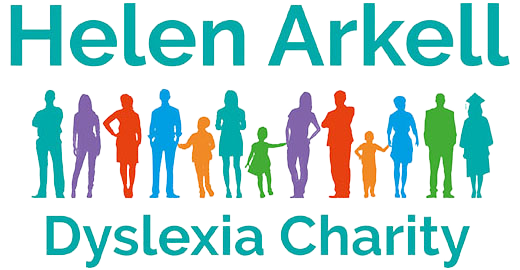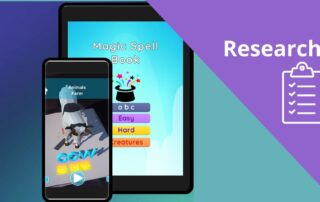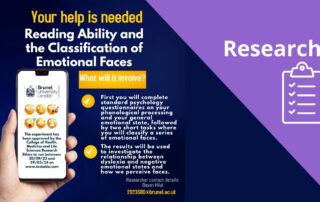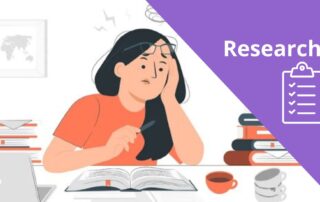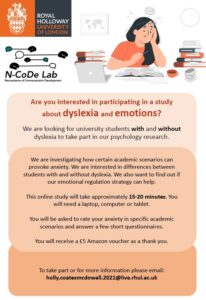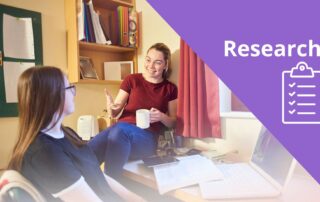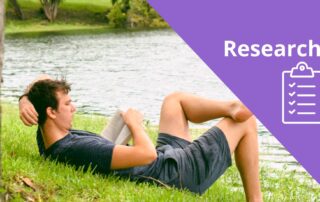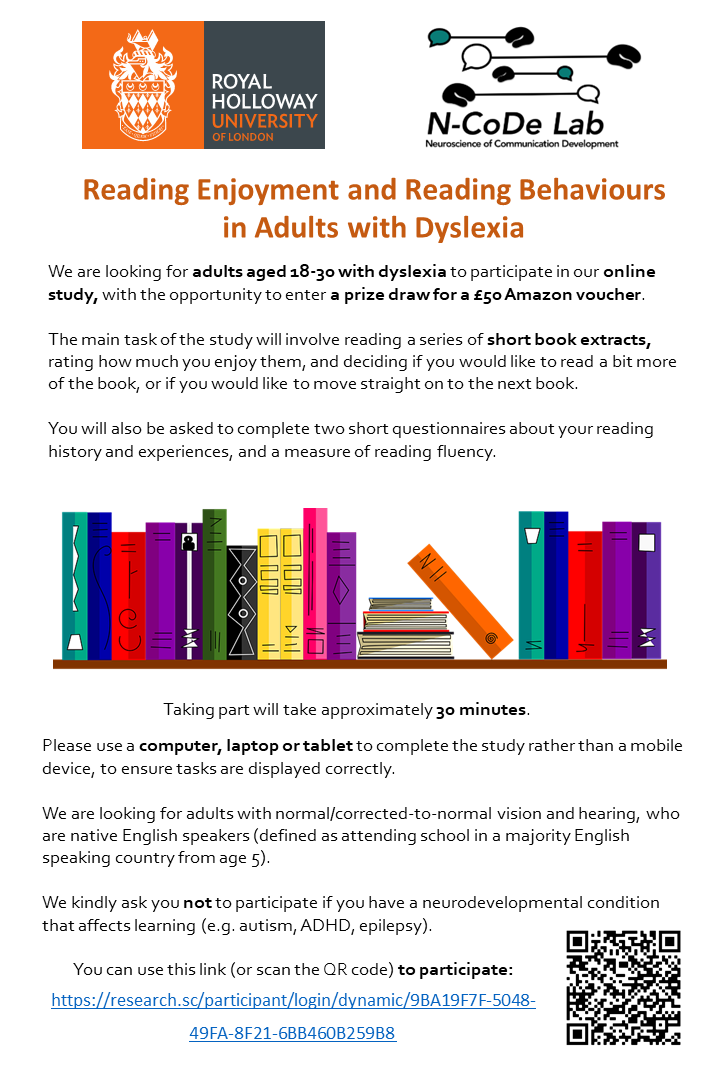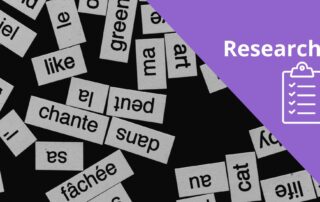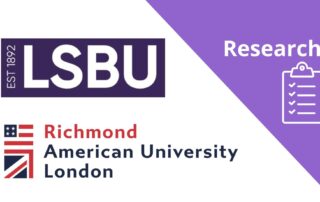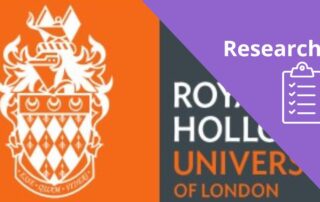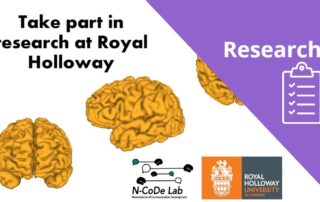News on research being conducted in the special educational needs sector to take part in as well as research findings in dyslexia and other specific learning differences.
Research into Augmented Reality for teaching reading
Martyn is a lecturer and Ph.D. student at the University of Greenwich, working within the School of Computing and Mathematical Sciences with a focus on Video Games Development. He is currently researching reading and phonics and have developed an augmented reality application designed for phonics instruction. He is reaching out to schools in the hope of gaining expert opinions from teachers and additional learner support professionals regarding the application and its potential applications in teaching phonics.
Are you an education professional who can help with this study? Do you have experience using classroom-based tools and techniques for phonics instruction?
What does the research involve?
- If you decide to participate in this research, you will be provided with a link to install an app. You will also be provided an associated booklet. You will use the app and consider how the app might function as phonics teaching tool. You can use the app as much, or as little as you like. There is no charge for the app or booklet, and you can keep booklet and app after the study. The app does not store or collect any personal data.
- As a participant, you will be invited to join a series of interviews and/or focus groups. Attendance at all sessions is not mandatory; you can participate in the discussions either online or in person. The in-person focus groups will be held at the University of Greenwich, and each session will last no longer than one hour.
- At this stage, no children are involved.
You can access the Participant Information Sheet here
You can find out more about the app and the study here
You can contact Martyn and join the study by emailing him at m.p.broadhead@greenwich.ac.uk
